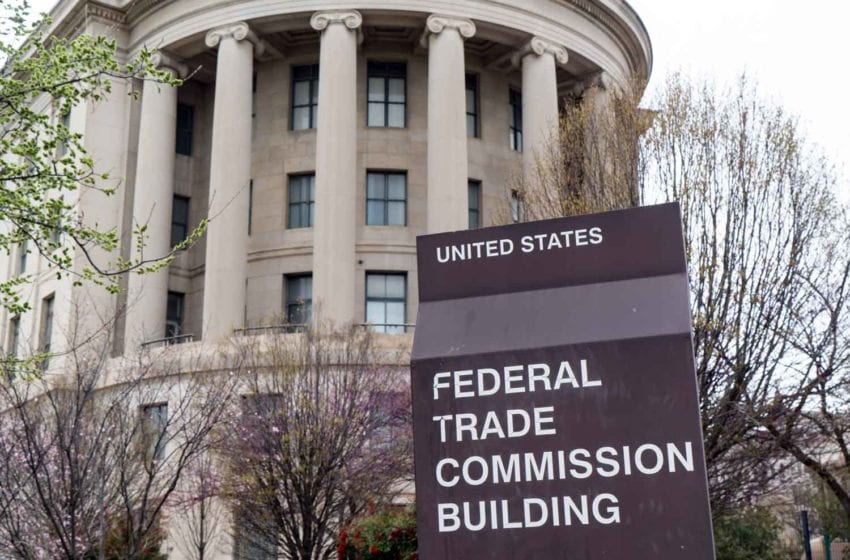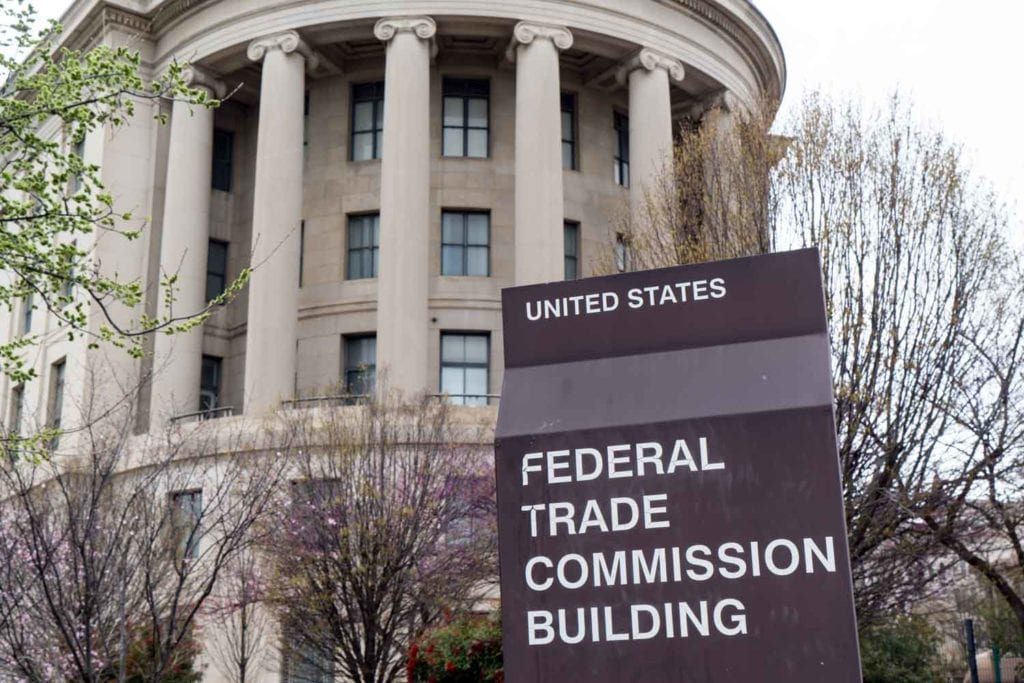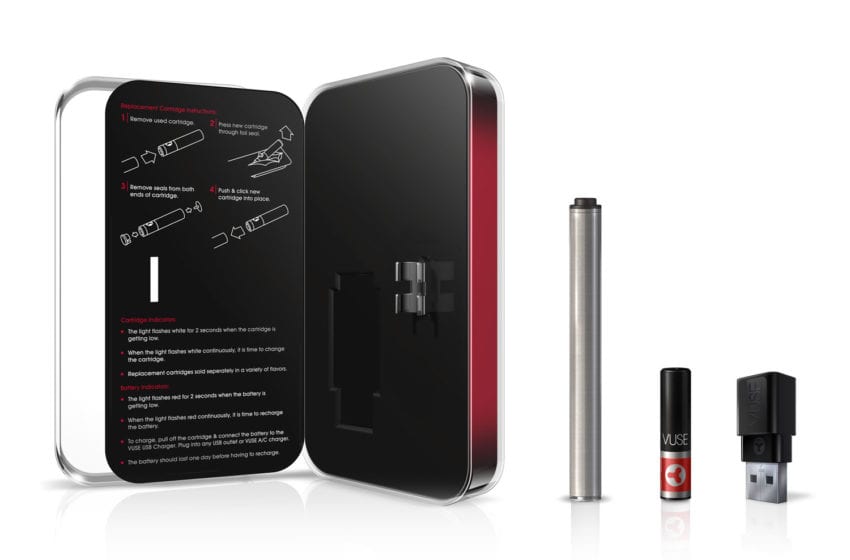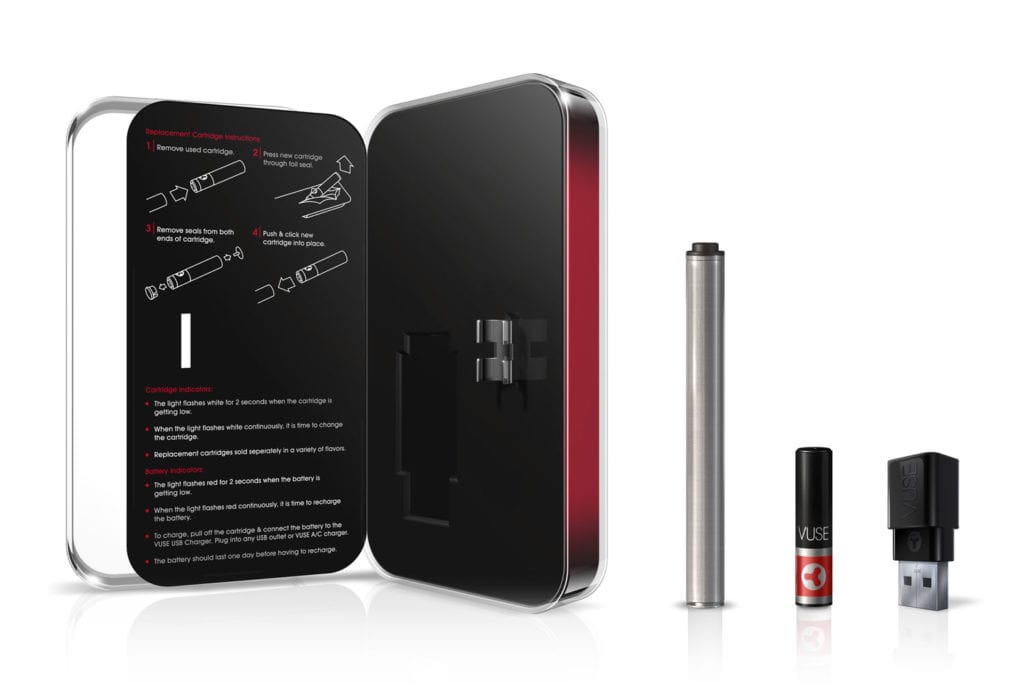
British American Tobacco and Imperial Brands failed to persuade the U.K. high court to throw out a case alleging they are responsible for the exploitation of farm families and child labor in Malawi, The Guardian reported on June 25.
The case was brought following a Guardian investigation in June 2018.
Lawyers at Leigh Day allege the working conditions on Malawi tobacco farms breach the definition of forced labor, unlawful compulsory labor and exploitation under Malawian law. They also say they breach the U.K. Modern Slavery Act, Article 14 of the European Convention on Human Rights, and the International Labor Organization definition of forced labor. They say the companies have unjustly enriched themselves at the expense of Malawi farming families.
British American Tobacco and Imperial Brands deny the allegations. They argued that the Malawian families could not prove that the tobacco they grew had ended up in the companies’ cigarettes.
In the high court, Justice Martin Spencer said the companies’ application to strike out the case had been “misconceived.” The judge said lawyers for the farmers were not required to offer proof at the beginning of a legal action, only when it came to full trial.
A spokesperson for Imperial said they could not comment further because the litigation was ongoing, “other than to reiterate that we will continue to defend the claim.”
BAT said it had “a longstanding commitment to respect the human rights of our employees, the people we work with and the communities in which we operate. We will continue to vigorously defend the claims, and we are unable to provide further comment while this case continues.”



















